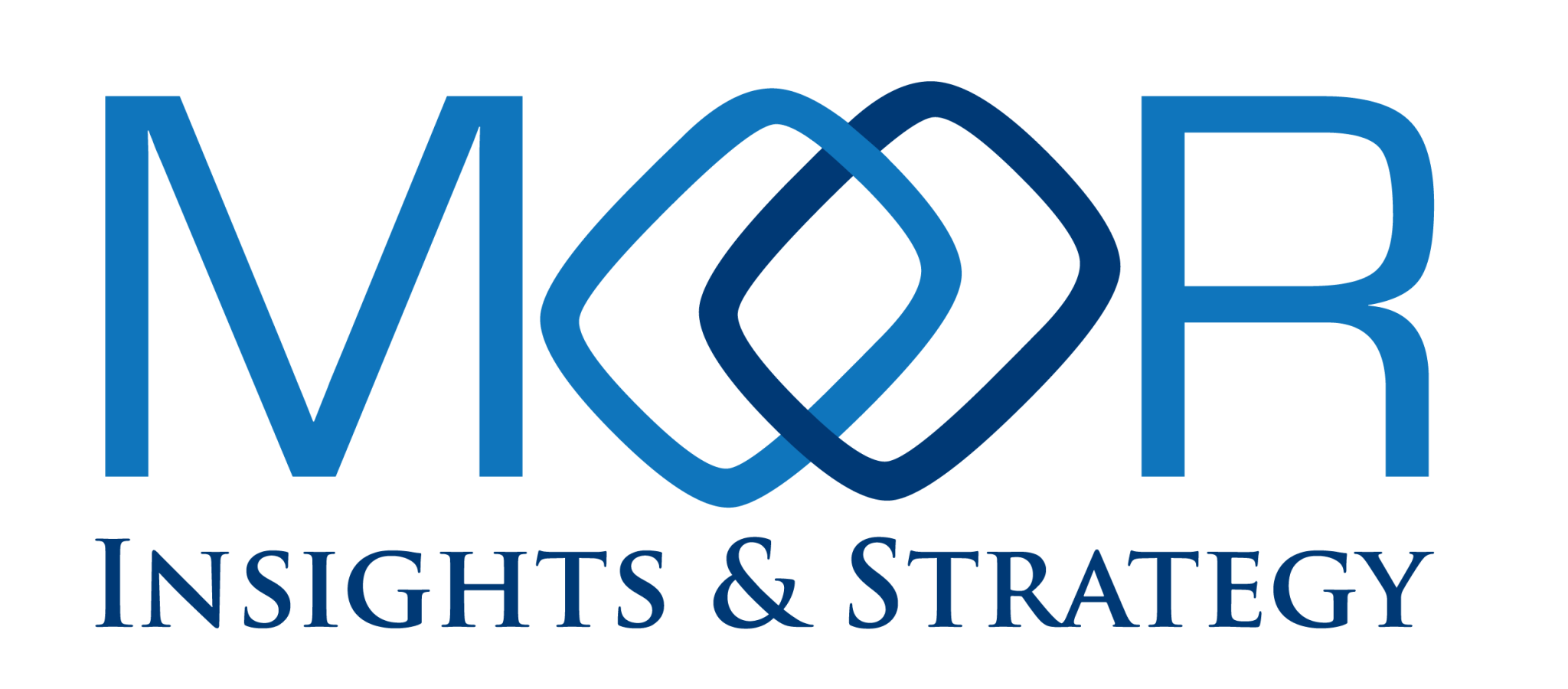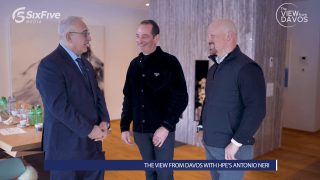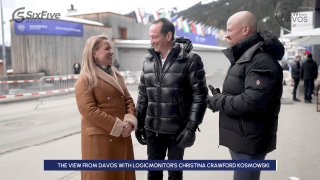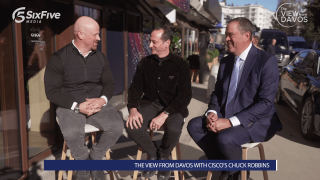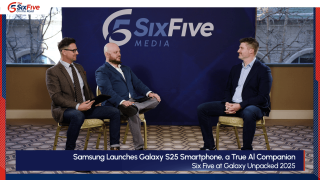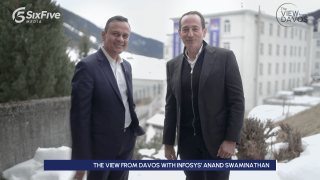Get the download from Davos on AI, Regulation, and the Future of Business
The convergence of finance, tech, government, and regulation is creating a pivotal moment placing AI, regulation, and the future of business at the forefront. Daniel Newman and Patrick Moorhead continue to bring exclusive WEF25 coverage with The View From Davos in this conversation with Fox Rothschild‘s Matthew Kittay, Partner; National Co-Chair, M&A Team. They share thoughts on the global economic outlook, key trends in mergers and acquisitions, and insights from the Davos meeting.
Key Takeaways:
- AI’s impact and the need for thoughtful regulation are dominating discussions
- Inflection Point: changes in leadership and societal priorities (think DEI and sustainability) are reshaping how businesses approach innovation, especially concerning AI
- Where AI Meets Law: 66% of general counsels expect lawyers to use AI, but only 33% want AI used on their clients
- Fiduciary Duty in the Age of AI: Boards and executives are grappling with how to integrate AI responsibly
- Unprecedented Scale: While we’ve seen tech waves before (internet, social media, crypto), AI’s breadth and depth are unprecedented
Learn more at Fox Rothschild.
Watch the video below, and be sure to subscribe to our YouTube channel, so you never miss an episode.
Or listen to the audio here:
Disclaimer: The View From Davos is for information and entertainment purposes only. Over the course of this webcast, we may talk about companies that are publicly traded and we may even reference that fact and their equity share price, but please do not take anything that we say as a recommendation about what you should do with your investment dollars. We are not investment advisors, and we ask that you do not treat us as such.
Transcript:
Patrick Moorhead: The Six Five is On the Road with a View of Davos. We are here at the World Economic Forum talking about this configuration of finance, tech, government, and regulation. Dan, good week so far.
Daniel Newman: It’s great. I mean, the coming together, we’re at a major inflection today, the inauguration of the 47th president, 47th different president. The numbers always confuse me because we’ve had the ones and twos, but I think one of the only times in history where we’ve had one take a break and then come back in short order. But I mean, all of this means different things to everybody here. It changes kind of the tone, the tenor of what’s going on. Like you said, we’re going to be thinking more about regulation. Of course, AI is in big focus right now.
Patrick Moorhead: That’s right.
Daniel Newman: We’re seeing some changes in terms of how companies are thinking about things like DEI now. We’re seeing changes in terms of how companies are thinking about sustainability. AI’s brought that back into the picture, but in a totally different way.
Patrick Moorhead: That’s right. I can’t imagine a better guest to have on to talk about the intersection between AI and regulation. Welcome, Matthew, to The Six Five.
Matthew Kittay: Thanks for having me, guys. It’s a pleasure to be here.
Patrick Moorhead: Probably a good place to start is just maybe talk a little bit about what you do and maybe also love to hear about what you want to achieve here at the show.
Matthew Kittay: Absolutely. My day job is as the co-chair of the M&A practice at Fox Rothschild. It’s a 30 office law firm and law hundred in the United States. In that role, I’m constantly advising boards of directors and startup companies and private equity funds on changes in regulation, corporate compliance, things like that. AI is obviously a major impact on all of that advising that we’re doing.
Patrick Moorhead: Excellent.
Daniel Newman: It’s a really, like you heard me kind of in the setup here, I mean, I want to unpack that a little bit. Today’s the day. We know that there’s a few jets that haven’t landed in Davos yet because they’re at the inauguration, but many are going to show up in the next few days. I think there’s a lot of interest, going to be a lot of sessions in the Congress, all about AI regulation, and of course, what does it mean for the business climate? Some of your, I know you don’t give free advice, no lawyer ever does, but in your world, what’s that kind of big overarching perspective that you’re giving to your clients right now?
Matthew Kittay: Well, companies are constantly looking for ways to integrate AI into their everyday solutions and into their big macro decision making, the kind of advising that companies are looking for. An interesting statistic published in a paper that I just completed with the American Bar Association-
Daniel Newman: I read that.
Matthew Kittay: Thank you, is that 66% of companies of general counsels polled expect lawyers to implement AI in their applications and advising companies, but only 33% of those companies want AI used on their clients. There’s this constant tension in the market between looking for efficiencies, looking for technical innovation, but also being of the technology and the kinds of outputs that it can create.
Patrick Moorhead: Hey, can you help our audience? I mean, AI is unique and first of all, it covers consumer, enterprise, government, and it strikes through so many data sharing, as an example. The whole regulation, let’s say about how you’re using it, how have you broken down or segmented AI regulation, and maybe it’s in your paper?
Matthew Kittay: There are layers of that exactly as you’re describing. From a lawyer’s perspective, you’re looking at a global platform, a dialogue, a commercial impact, but then you’re also looking at federal, within the United States, federal regulations, state regulations, ethical rules, bars, and all of these things are untested arenas. Everybody knows, like I was saying before, that they have to implement, but nobody really knows the intersection and there’s pressure for adoption. But at the same time, there’s caution because nobody really knows what the outcome. Where’s your data going to go? Who’s going to be able to use it? What critical secrets or proprietary information is accidentally going to get shared with who? A lot of that is covered in my paper actually.
Daniel Newman: Well, we all love the dry academic experience of writing research. We do it. That’s what we do too. No, it’s actually a really important thing, but we’ve actually just spent a bunch of time working on one of the largest surveys of its kind on CEOs and AI deployment. We talked to 213 CEOs spending over with more than a billion dollars a year of turnover.
Matthew Kittay: Wow.
Daniel Newman: We asked them about how they’re thinking about AI. Governance compliance is a big part of that. But one of the things I want to ask you is, I know you lead I think the private equity venture capital board or advisory board for the American Bar Association.
Matthew Kittay: Correct.
Daniel Newman: That means you must be advising a lot of big company CEOs and M&A leaders and also probably talking to a lot of exciting growth companies. How are you sort of bridging that for them right now in terms of how to think about implementing AI successfully and in compliance?
Matthew Kittay: I’m going to really attempt not to be too lawyerly about it, but since you guys wanted a little bit of free advice, I’m willing to give it.
Daniel Newman: All right. Hold on. Let me get my phone out. Just kidding.
Matthew Kittay: Start your clocks.
Daniel Newman: Oh wait, we got that on recording. We’ve got that guy. He’s recording it.
Matthew Kittay: At the end of the day, what we’re talking about from the perspective that I’m advising is meeting your fiduciary duties. If anybody is paying attention to what’s going on in the dialogues that are critical to everyone, what Mark Zuckerberg is thinking about this, what Elon Musk is thinking about this. They’re still challenged to basically make decisions, informed decisions, to discharge their fiduciary duties to their shareholders, to their boards of directors. The complication comes from part of discharging those fiduciary duties is that you have a duty to kind of engage, and lawyers have this too, engage technologies, use state-of-the-art, think about things in a critical way that represent kind of what’s going on right now. Use all the tools available. At the same time, you can’t outsource these decisions to computers. There are all of the same functions that are critical of AI in general are in play in this arena, hallucinations, self-enforcing data where you get bad data, garbage in, garbage out. It’s a completely untested world. You’re going to start seeing case law on this in the next couple of years. In the meantime, we have to do the best we can to advise our clients on these issues.
Patrick Moorhead: As we wrap here, I want to ask you one final question. There’s amplitude and there’s frequency, and I like to look at different industry events. I feel like we’ve got big amplitude and frequency. Looking back on your career and what you do, have you ever seen this type of thing before? I mean, did you see this, let’s say, in the cloud or local, mobile, social?
Matthew Kittay: You’ve seen kind of waves. I’ve been a practicing lawyer for 17 years. When I started, it was really kind of the inception of the internet in a meaningful way and kind of global e-commerce and things like that. I was talking to a gentleman inside. I was a research analyst at Harvard Business School in 2005, so I had one of the first 1,000 Facebook accounts because I had an HBS EDU. There’ve been little spikes since that. Maybe you look at crypto or maybe you look at other areas of technology, but I don’t think you’ve seen anything as grand and sweeping as AI. I think that’s going to really define the next generation of issues.
Daniel Newman: I’m dying to ask him about the Trump coin, but I’m going to avoid it right now, just overall, the whole, what’s going to happen with crypto? Gensler’s out and now we have no regulation and we’re seeing these crazy pumps. Where did I see something that was like you could have made more in 36 hours than 54 years of investing in the S&P 500, and it’s just like that can’t be normal.
Matthew Kittay: If you’re walking around Davos today and you don’t have a picture of what you bought at and what you sold at, then you’re not on the in-crowd.
Patrick Moorhead: That’s not-.
Daniel Newman: Is that happening?
Matthew Kittay: I’ve seen five people do it already since I got here.
Patrick Moorhead: I need to amend my bad. It would be zero and zero.
Matthew Kittay: I didn’t participate either.
Daniel Newman: I don’t talk in my book a lot, but I bought the stable stuff, Bitcoin, Solana, Ethereum. All right, Matt, thanks so much. Really appreciate you spending some time with us.
Matthew Kittay: Absolutely a pleasure. Thank you very much.
Daniel Newman: Thank you everybody for tuning in, being part of The Six Five On the Road. It’s a View from Davos and we’re getting a lot of viewpoints. It’s been a great day so far. Stick with us, subscribe, be part of our community. We appreciate you for tuning in. We’ll see you all later.
